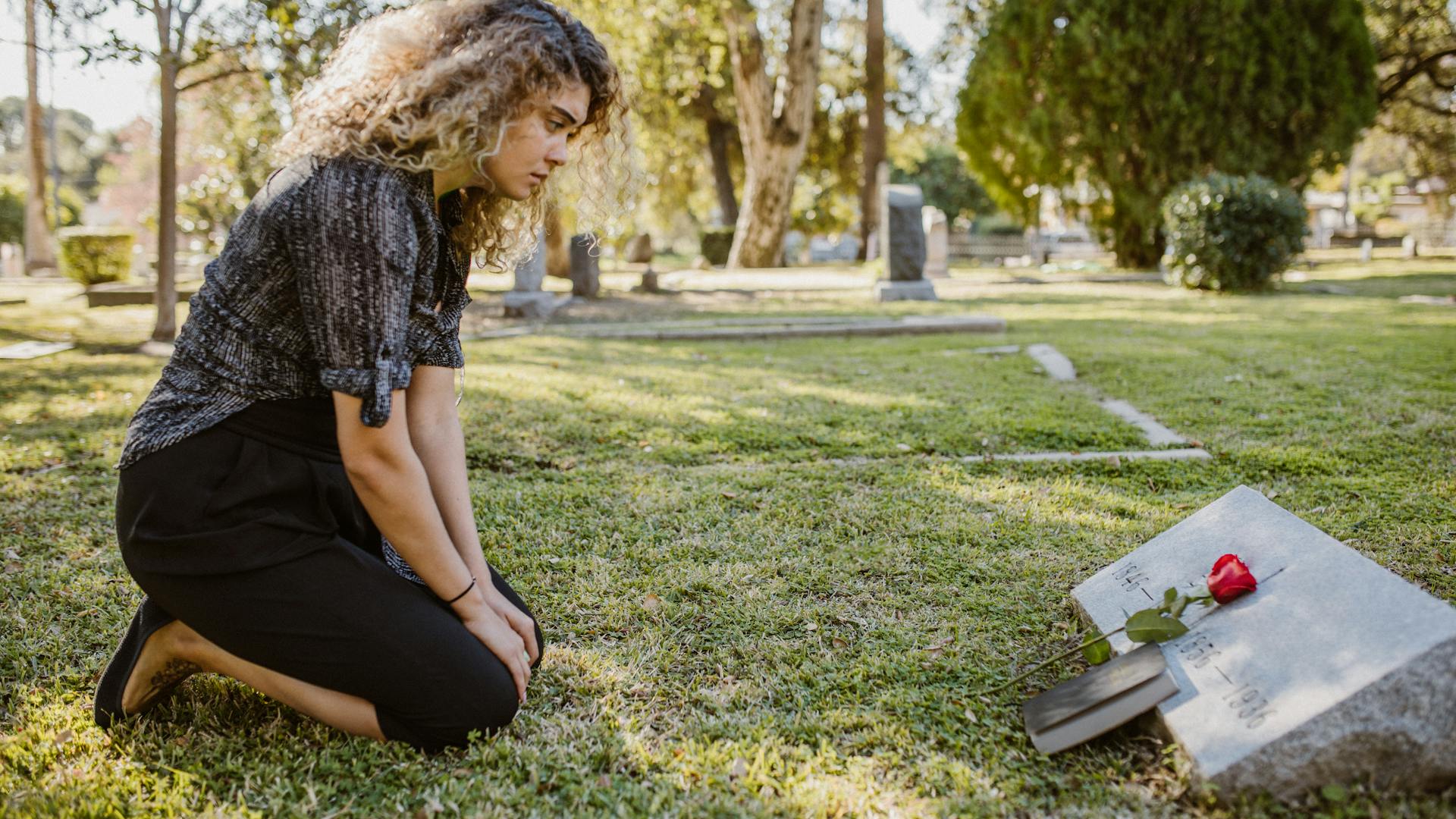What about our grief over the loss of a loved one?
Today, we explore different perspectives while acknowledging that a solitary blog post is particularly insufficient for those suffering the loss of a spouse or descendant. Cathy and I witnessed our parents grieve the death their oldest child’s death (our only siblings) and dear friends unexpectedly losing their husbands.
There They Go
My granddaughters leaving behind their friends when they moved from Utah to Tennessee reminded me of the hundreds of people I have been close to through school, jobs, industry associations, and neighborhoods. I have lost contact with virtually all of them as we experienced the natural drifting apart that comes with life’s travels.
Experience shows we are in each other’s lives to serve a purpose for some indeterminate period, and once served, there is a natural obsolescence. My ride-or-die high school buddies were a crucial part of my adolescence, but being part of my life today was not meant to be. I appreciate but do not mourn those concluded relationships.
Anyway, a relationship is never over as we continue carrying something of it. More than 35 years after my sister’s death, Sandra remains with me in more ways than the tattered picture in my backpack. Rather than dwelling on all the missed holidays and conversations, I fondly recall what we had – her shepherding me to school, me annoying her as the much younger brother, the cake she made me in her Easy Bake Oven, etc.
We can regard our relationship with a departed loved one as having served its essential purpose and coming to its natural conclusion rather than being unfinished – measuring by purpose instead of time.
The Afterlife
Those with faith that includes an afterlife are comforted by believing the deceased is in a “better place.” Mother Teresa eloquently expressed this belief when consoling a friend whose nephew died.
“It must have been a big shock to all of you, as you all had seen the child three days before his death alive and happy. God our loving Father, who knows us, loves us, knows the best for us, has taken [the son] for Himself to heaven, where he is now living in full the life that God wants to give us. So it is a happy and consoling thought for the parents that [he] is not dead in sin but alive fully in heaven through God’s love and mercy.”
No Easy Answer
I am not suggesting you adopt a “here today, gone tomorrow” attitude or that you should shrug off a loved one’s death as the mere passing of a season or finishing a chapter in a book. Those attitudes would needlessly discourage or diminish intimate relationships. The purpose is to provide context and meaning to the duration of our relationships.
Ironically, you may appreciate great sorrow as it is directly proportionate to the depth of your relationship. It is a double-edged sword. How much of your best relationship would you sacrifice for diminished grief afterward?
You cannot and should not avoid grief. Processing is an essential part of coping and recovery. Nor do you need to hang onto grief to confirm you value or miss the relationship.
I miss my mommy; I wish we had more time together and that I could hear one more funny, insulting, sarcastic remark. Fortunately, we enjoyed a wonderful, imperfect relationship. I am at peace knowing she was here the right amount of time; we did everything we needed to do, and she is in a better place.
For a lyrical message, I refer you to the Bryd’s timeless classic, Turn! Turn! Turn!.
_________________________________________________
Treasure and carry the memory of your departed loved ones. Through grief and understanding, you can find peace.

